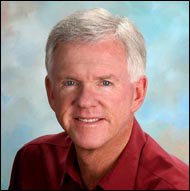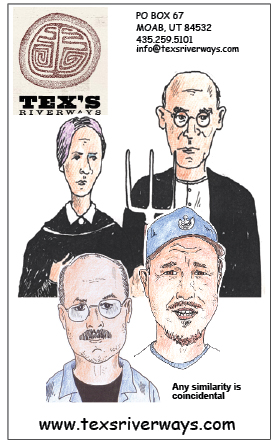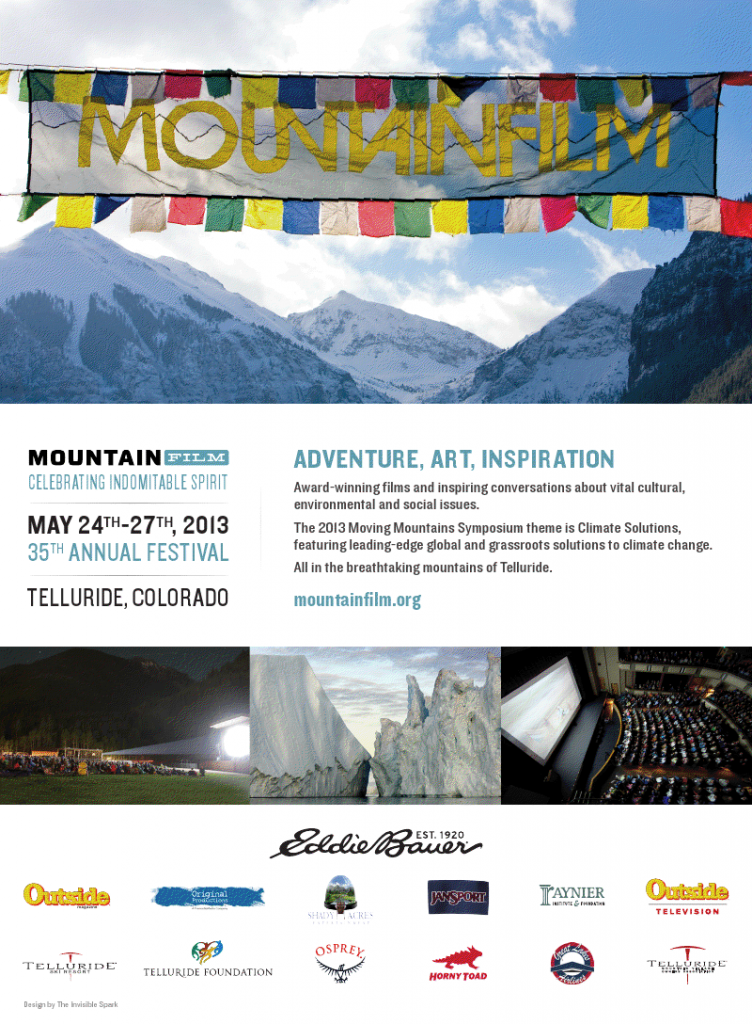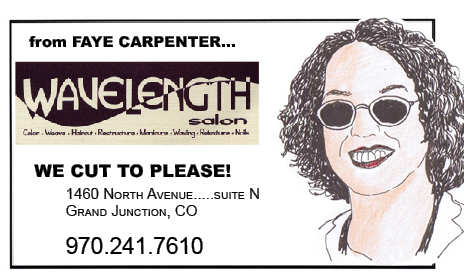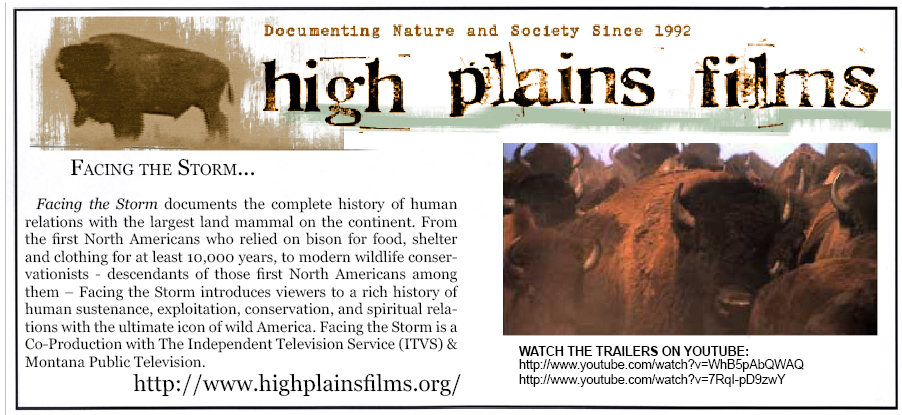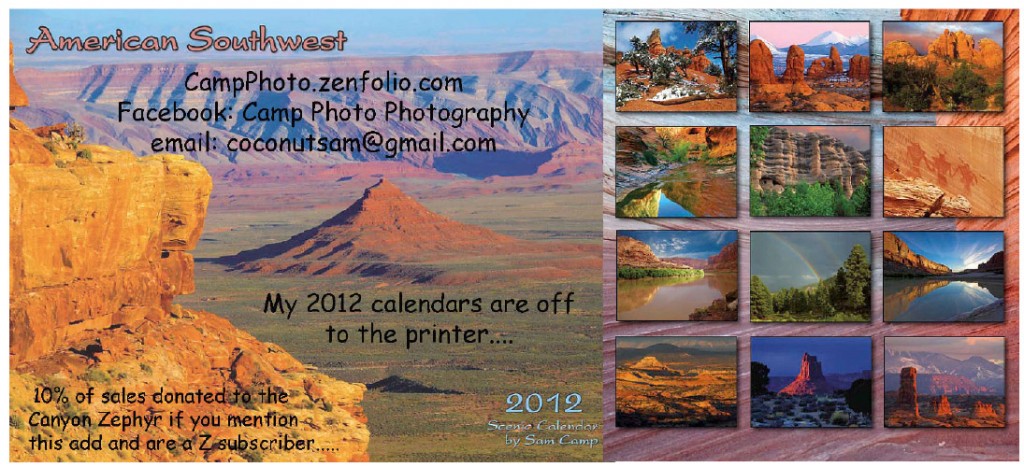2013 PROLOGUE: As Moab began to ‘take off’ in the late 80s, we all wondered who would try to bring some order out of the brewing chaos. Via a grant from the City of Moab, formr Park City resident Tom Shellenberger became Moab’s “Economic development Coordinator.” There was a not so humorous joke among locals at that time that Moab would be the “next Park City,” and investors from that town were plainly evident. Tom agreed to be interviewed for the may 1990 issue…JS
Zephyr: You came down here from Park City, Utah. What attracted you to Moab?
Tom: We’ve been vacationing here for the last 12 years, and like a lot of people, we experienced the desert country and Moab and fell in love with it. I’ve been looking for a way to make a living down here ever since. WE had a 5-year plan four years ago that we were going to sell everything and move to Moab. Our opportunity to do the cross country ski business at Pack Creek Ranch enabled us to accelerate that to three years. We wanted to come here.
Zephyr: What did you do up there?
Tom: I owned an alarm company. I had that for five years and a combination of a very stressful business , a climate that neither one of us liked real well, and our love of the desert is why we made the move.
Zephyr: You’ve become the economic development coordinator through a grant from the city. What are your qualifications for the position and how do you define “economic development?”
Tom: First, my qualifications are…I didn’t go to school to be an economic developer, but I majored in business in college and have owned my own business. I’ve worked for several corporations, so I feel I know from the business angle. My expertise is not from grant writing or how to get state or local or federal funds. My expertise is from a business background and what it takes to make a business work. I’ve also been involved in the governmental process in Park City for eight years; I’ve been involved in the inner workings of the government sector; I was familiar with how things work and how you get things done.
“Economic Development,” as I see it, my scope is fairly limited here. They hired me for six months to basically get small businesses into Moab—small manufacturing businesses. I’m not looking for someone who will employ 100 people. My personal feeling is that the small business is where we need to be, so if anyone goes under or has problems, it won’t affect Moab’s economy greatly. Right now, we’re back into a single industry economy again—it’s tourism instead of mining, and if we have a downturn in the economy, people don’t travel as much. Even tourism could affect us negatively if we’re not diversified.
Zephyr: When you took this job, did you have any kind of “plan” for economic development?
Tom: We’re definitely competing head to head with everybody for these small businesses. To answer your question directly, did I have a plan? I would have to say “no.” I didn’t come in here with a wealth of formulated plans as to how to do it, but it has evolved since I’ve been here as to how to approach this. I’ve been working very closely with Bette Stanton over at Grand County, and we’ve been very frustrated with leads that have come down from the state or office of economic development. They send those leads out to every town in Utah. Since Bette gets some of her funding through those folks, she has to respond one these leads. Most of them don’t go anywhere; they’re cold. They’re leads that everybody else is fighting for. We wanted to come up with leads of our own and that’s when we came up with our poster campaign. When people are vacationing here, they see a poster or tent card that says, “Bring Your Business to Moab.” So half the battle’s been fought for us. They’re already here. They like Moab, otherwise they wouldn’t be here for the most part. If we can plant that seed, we’ll generate some good leads from that. And I think in the next year or two, we’ll see some good results from that. Economic development is not something that happens overnight. I tend to be results-oriented, which kind of frustrates me that I haven’t brought two businesses here by now.
Zephyr: You’ve talked about bringing new businesses and new people to Moab. What can be done for the people who are already here, who are surviving by the skin of their teeth?
Tom: I guess I really dont’ know how to answer that. First of all, I think there is money to loan. The banks are willing to loan money, but it has to be approached in a professional manner. You can’t do your business plan on the back of a cocktail napkin. They’re going to have to approach it from a businesslike standpoint. The banks have a business to run, just like anybody else. If they start making bad loans, they’re not going to be in business long. So they have to tighten up on credit. I know several people in town who have gotten loans through the process and done the necessary homework. SBA loans are possible. There’s a lot of paperwork involved, but that weeds out the serious from those that are operating on a whim. As far as a revolving loan fund, it’s been talked about. I’ve talked to the Chamber, and it has a lot of problems associated with it, because in essence you become a bank. Who is going to determine who deserves the money? I’m meeting with the Mayor in the morning about setting up an incubator facility, where the old sewing plant is by the bowling alley. It’s a beautiful building for a service industry, computer software…that type of thing could help a local. Somebody who is already here could move in there, and the City could give them rent relief for a year or two. We’re trying to get it donated to the City by the people who own it. It’s for sale right now, but I talked to the owners and asked, if we gave you the right deal and the tax write-offs, would you consider donating it, and they said they would.
Zephyr: At all levels of government, the people often complain that they are not consulted about their wants and needs. That decisions are made at the top. Have you been out into the city and talked to the businesses about what they really want?
Tom: Well, I’ve talked to the people in the Chamber of Commerce, because they’re the businesses I’m more familiar with. Probably not as much as I should, and I need to get out and talk to more folks. I guess I’m feeling a little constrained by time since I’m only here for six months. It’s not a given that they will fund this position again. We’ve put in a budget request, the people I’ve talked to, the feedback about the poster has all been positive. The City Council was all positive about it when I met with them the other night. But to answer your question directly, no, I haven’t done as much of that as I should.
Zephyr: You’ve been quoted as saying that Moab is where Park City was 10 years ago.
Tom: More like fifteen.
Zephyr: Do you see Moab, in 15 years, being where Park City is now?
Tom: No. I don’t think Moab ever could become Park City, and it shouldn’t become Park City. Peopl ehere are more sensitive to their surroundings than the Park City people were. I don’t think mountain bikers or river runners or jeepers that pass through have the money it takes to get Park City to where it is now. Ad I’m not saying Park City is a good point, because I left there because it got too big and too slick for me. But Park City has done a lot of things right. It took an economy that was just about down the tubes.
Twenty years ago, you could buy property for back taxes on Main Street. They have succeeded, good or bad, in making a real vital Utah town. But the money is not here that a skier brings to town. A skier will spend five to seven thousand dollars a week. You’re not 35 minutes from an international airport in Moab. That will insulate Moab from ever becoming a Park City, I think. I see a real group of folks who don’t want tit to become that way. I don’t want it to become like that and I don’t want to be perceived as the guy who’s going to come in and industrialize Moab. That’s not my intention; even if I wanted to, I don’t think it could happen. I chose to leave Park City for some of those reasons. I don’t like to be labeled as “the Park City guy” because that’s where I’m from. That’s no different than you being “the New Jersey guy.” Is that where you’re from?
Zephyr: Kentucky. Watch that.
Tom: We all came here for our own personal reasons, and I think we came here because we all love what Moab is and what it has to offer. If we lose that, it’s going to ruin it for everybody. Yet, there is the potential for some of that happening (i.e. Park City, Telluride.) Property values have already started to go up. Just in the last year, you see a lot of homes over $100,000 now that you didn’t a year ago.
Zephyr: Is there any way to prevent that from happening?
Tom: The people in town really have to decide what they want their town to be. I don’t think there’s any consensus. I’ve been trying to be open minded. I’ve met with the Sam Taylors and the Bill Heddens, the two extremes. And each one has their own idea for an ideal Moab. But where is the common ground? Where do we meet to find a consensus? I’m not sure I really know the questions right now, much less the answers.
Zephyr: Has it been difficult to adapt to the slower lifestyle here? In part, I’m referring to a letter to the Times-Independent by a newcomer who was appalled at what he perceived to be poor, inefficient service.
Tom: He had a lot of guts didn’t he? I came here knowing that was going to be a problem. At Park City it was a problem. Utah was a problem. When I came to Salt Lake City to work at the Hotel Utah, that was as different as night and day. I couldn’t get deliveries on time. I went to Park City and it was worse. I came to Moab and it was worse than Park City. It’s frustrated me, because I’ve been trying to remodel my home and the Emporium and Uranium Building. Sure I’d like things to happen faster. But it doesn’t surprise me, and actually I came here to slow down a bit. I’m still on the treadmill and need to slow down with it. I will say, in defense of the people who work here, that the quality of the workmanship has been better than what I’m used to.
Zephyr: Any closing thoughts?
Tom: Moab needs a consensus for the way it wants to go; we’re at a crossroads right now and we can go in several different ways. It can go towards the environmental or tourism, or more industrial. But people in this town need to decide what we want to become. We have to be directed in one path, and I don’t think anybody has a real handle on it yet.
EDITOR’S POSTSCRIPT: In 2013 Tom Shellenberger is a real estate agent at Moab Premier Properties.
To read the PDF version of this article, click here. and here.

